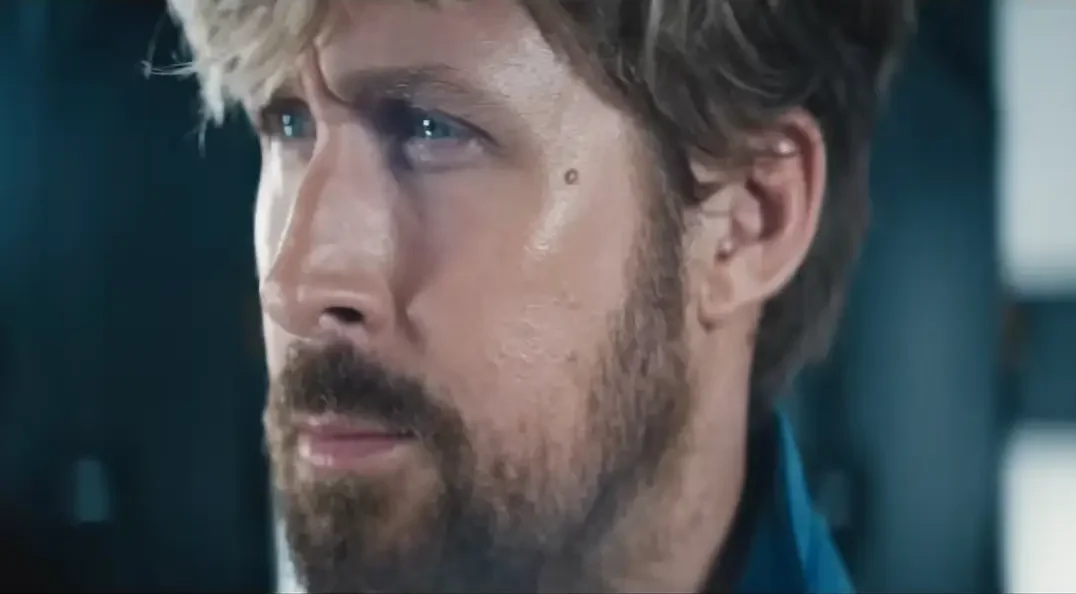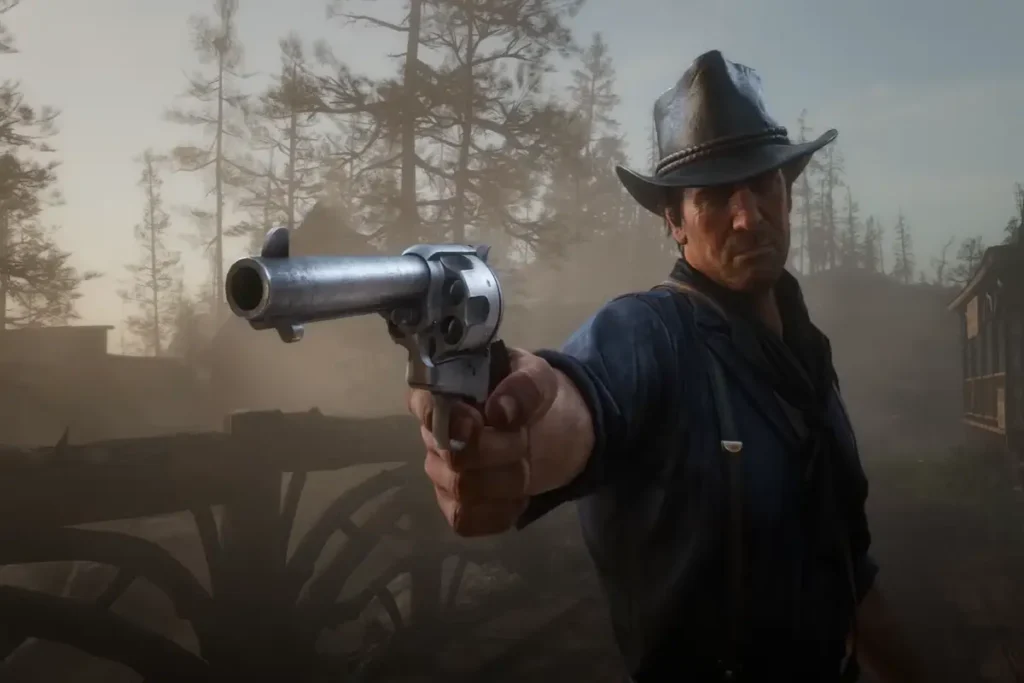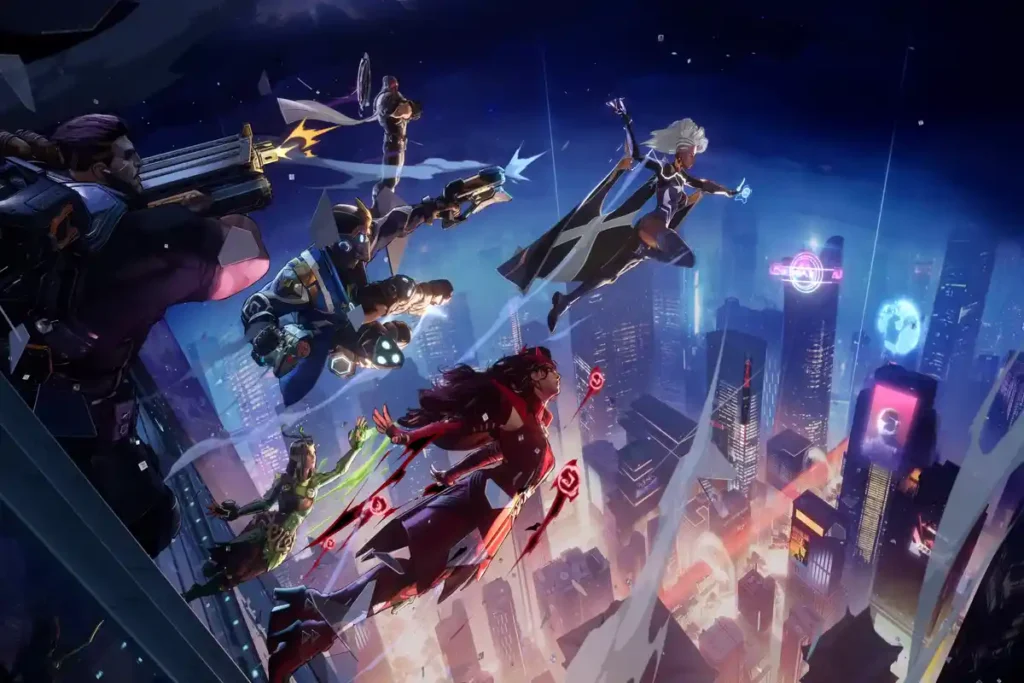Key Points:
- Ryan Gosling stepped away from the ‘Wolf Man’ reboot due to production delays.
- The COVID-19 pandemic and the Hollywood strikes impacted the film’s development.
- Director Leigh Whannell praised the extra time for helping refine the movie.
- Despite Gosling’s departure, his creative influence remains in the script.
Ryan Gosling’s exit from the Wolf Man reboot left many fans wondering what went wrong. The actor was originally set to star in the Universal Monsters reimagining, but various setbacks in production forced him to step away. Despite this, Gosling’s creative input still remains in the film’s DNA.
Why Did Ryan Gosling Leave the ‘Wolf Man’ Reboot?

Ryan Gosling was attached to the Wolf Man reboot long before director Leigh Whannell took the helm. According to Whannell, who spoke to Screen Rant at New York Comic-Con, the production faced numerous delays that ultimately led to Gosling’s departure. “It was during COVID, so everything was crazy,” Whannell explained. After COVID-19 and the 2024 Hollywood strikes prolonged the development, Gosling was unable to remain committed to the project.
Whannell, best known for his work on The Invisible Man (2020), revealed that he initially had some hesitation about directing another Universal Monster film. “At first I was like, ‘I’m not sure, I just did Invisible Man.'” However, after coming up with an idea he liked, he co-wrote the script with his wife, Corbett Tuck. Unfortunately, the prolonged development affected the film’s original casting, including Gosling’s ability to stay on board.
READ MORE: Nicolas Cage’s ‘Ghost Rider’ Finds New Streaming Platform
What Is Ryan Gosling’s Creative Influence on the Final Film?

Though Gosling left the cast, his influence on the Wolf Man reboot persists. Whannell acknowledged that Gosling had been involved in the project’s early stages, even pitching his own ideas to Universal. “I was working on it for a while with Ryan Gosling, and then he had to step off,” Whannell explained, hinting that Gosling’s creative contributions might still be evident in the script.
Whannell reflected on the extra time allowed by the prolonged production. “It can kill your creative spirit,” he said, comparing it to the rush of producing Saw 2. However, in the case of Wolf Man, Whannell felt the delays gave him time to refine the film’s many moving parts, such as night shoots and special effects makeup. “I’m glad I had time to think about it for a long time before I shot it,” he said, adding that Gosling’s executive producer credit and Derek Cianfrance’s material credit suggest that earlier versions of the script will remain part of the final film.
Source: Screen Rant
Stay updated with the Latest News and Stories, follow us on our social media platforms.
You can follow us on:
Stay Connected!! Join our Whatsapp Channel
















